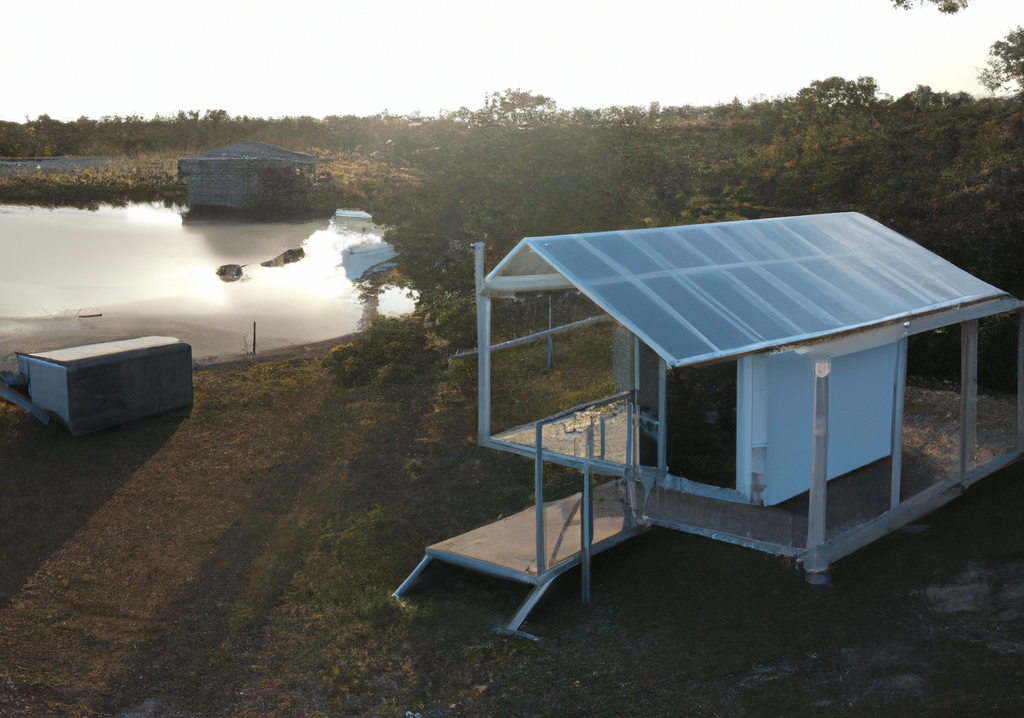Can You Live Off Grid In Florida?
Written by Vince Wheeler

Yes, it is possible to live off-grid in Florida, although there may be some unique challenges to consider due to the state’s climate, topography, and regulatory environment.
One of the key challenges of living off-grid in Florida is managing the state’s hot and humid climate. This may require special considerations when designing an off-grid home or selecting appliances and systems that are energy-efficient and can operate effectively in high temperatures and humidity. A Tesla Power Wall 2 could be an option to store the power your solar panels are collecting. This is an expensive option for those with the resources, but if you have the money and want a high tech option from a leader in lithium ion batteries, than Tesla is hard to beat.
Another challenge of off-grid living in Florida is the state’s topography, which can impact the availability and quality of water resources. Some areas may have limited access to groundwater or surface water sources, which may require the use of rainwater catchment systems or other water conservation techniques.
In addition to these environmental challenges, it is important to consider the regulatory environment for off-grid living in Florida. The state has various building codes and zoning regulations that may impact the design and construction of off-grid homes and properties, and it is important to work with local authorities to ensure compliance and avoid legal issues.
Despite these challenges, many people have successfully established off-grid homes and communities in Florida and enjoy the benefits of self-sufficient living. With proper planning, preparation, and a willingness to adapt to local conditions, off-grid living can be a viable and sustainable option in the Sunshine State.
